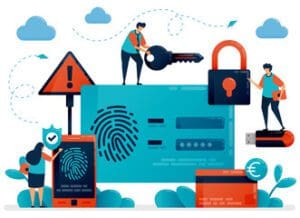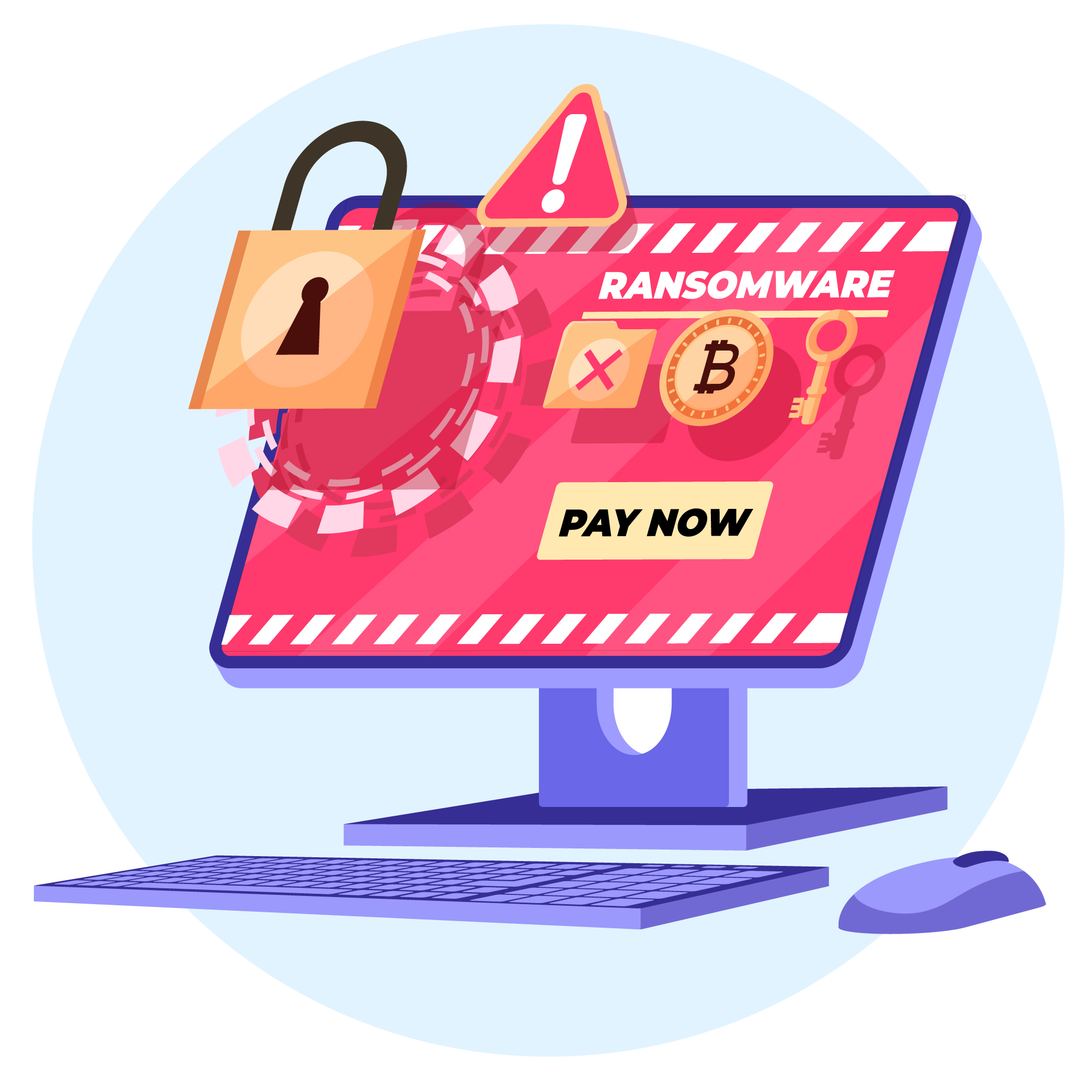The California Consumer Privacy Act (CCPA) represents a groundbreaking step in U.S. data privacy law, offering consumers in California greater control over their personal information. Drawing inspiration from the EU’s GDPR (General Data Protection Regulation), the CCPA requires businesses to rethink how they collect, manage, and protect consumer data.
To comply, it’s essential for organizations to understand the distinction between PI (personal information) and PII (personally identifiable information). Misinterpreting these terms could expose companies to significant risks, including penalties and lawsuits.
Decoding PI and PII
Let us understand it with PI’s definition following CCPA/CPRA.
Under CCPA and its amendment, CPRA, PI refers to any information that identifies, relates to, or is linked to a specific individual or household. While PII typically includes identifiable data like names or social security numbers, PI extends to less direct information, such as consumer preferences or location data, making it harder to trace and manage.
This broad definition highlights the need for businesses to embrace effective data classification. With data spread across structured and unstructured formats, many organizations struggle to identify what data they have, where it resides, and how it’s being used.
Data classification is a huge part of this, and companies are collecting huge amounts of data about consumers dramatically as they increase contact points across many platforms with their consumers. In addition, all kinds of personal data, from highly recognizable to intangible, are collected across various applications resulting in an overflow of personal data. Because this huge amount of data is spread over various structured as well as unstructured data storage in the data centre, it’s difficult for businesses to know who has what data, where it’s stored, and how it’s being utilized.
How does Secuvy’s data discovery platform help with PII & PI Data Discovery for CCPA/CPRA/GDPR?
Issues in the traditional data discovery methods:
Under the CCPA, secure individual data rights necessitate accountability for all personal data, particularly PI and PII. On the other hand, traditional data discovery methods are unable to connect data with a specific person. They might inform you what information you contain, but they can’t tell you who owns it. On the other hand, conventional data discovery strategies use regular expression-based algorithms to find well-structured data groups like sixteen-digit credit card numbers. They weren’t made to find and correlate personal information according to its relationship to a person’s identity.
How Secuvy Simplifies PI and PII Compliance
Traditional data discovery methods often fall short in linking personal data to specific individuals. These methods rely on regular expressions to locate structured data, like credit card numbers, but fail to connect unstructured or contextual data with a consumer’s identity.
Secuvy’s platform addresses this challenge by leveraging AI-powered data discovery to locate and classify personal data across all data sources. Key benefits include:
- Advanced Data Discovery: Automates the detection of PI and PII across structured and unstructured data.
- Contextual Insights: Uses machine learning to map personal data relationships, ensuring compliance with CCPA/CPRA standards.
- Comprehensive Data Mapping: Identifies how PI and PII attributes are connected to individuals within the organization’s data ecosystem.
By using Secuvy, businesses can confidently meet regulatory requirements, secure sensitive information, and reduce compliance risks.
Lessons from GDPR Compliance
The introduction of GDPR taught businesses the importance of early preparation and a comprehensive approach to data management. Similar principles apply to CCPA compliance:
- Align organizational understanding of personal information definitions.
- Expand data management practices to include all data types, not just PII.
- Monitor consent processes and ensure compliance with personal data usage policies.
Wrap up
The CCPA empowers consumers by granting them greater control over their personal data. For businesses, this means navigating a complex landscape of PI and PII. With advanced solutions like Secuvy’s AI-driven data discovery platform, organizations can efficiently meet compliance standards while safeguarding consumer trust.
Understanding and addressing the distinctions between PI and PII is not just a compliance requirement—it’s a strategic necessity for building a secure, responsible data governance framework.




